SCROLL
HISTORY
HISTORY
| 1993 |
|
|---|---|
| 1995 |
|
| 1996 |
|
| 1997 |
|
| 1998 |
|
| 1999 |
|
| 2000 |
|
| 2008 |
|
| 2010 |
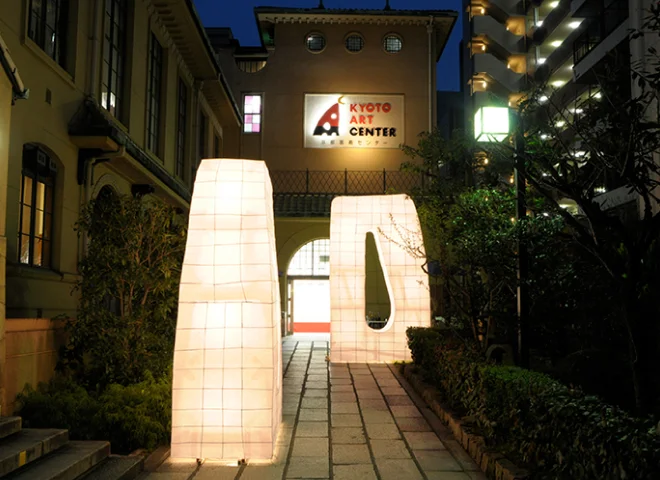 |
About the former Meilin Elementary School
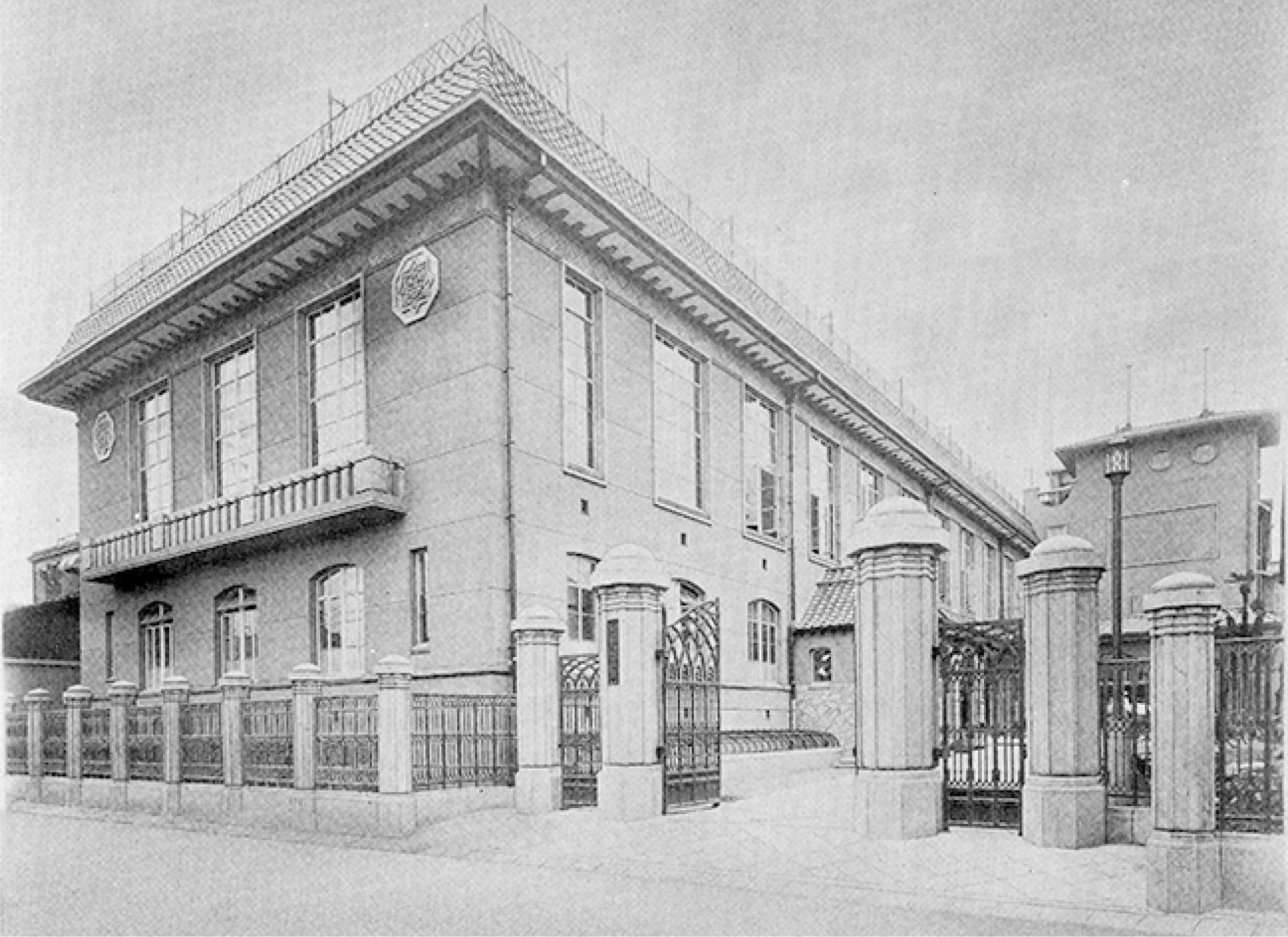
Meirin Elementary School was established in 1869 as the third Bangumi elementary school in Shimogyo Ward. Its 124 years history as an elementary school ended in 1993.
This school was named Meirin because Meirin-sha, a training hall of moral philosophy called Sekimon-shingaku was used as a school building.
The main gate of the building used to face Nishiki-koji Street at Uradeyama-cho. However, a land lot at Yamabushi-cho was purchased in 1875 and its main gate was relocated on Muromachi Street side. Later additional land lot at Tearaimizu-cho was purchased, and the current school compound was created then.
Today, the original building is not there anymore. However, the remnant of the old gate is seen on Nishiki-koji Street side. The school district prospered because of clothes wholesale business. Painters and pot makers used to live there. Since the community residents were interested in culture and education, they supported Meirin Elementary School because of their warm sympathy towards the children. Many artworks created by artists such as Taizo Minagawa, Ohkoku Konoshima, and Keigetu Kikuchi were donated by the artists themselves, the graduates of this school and the local people. At present, these art works are stored at Kyoto City School History Museum.
The school building seen today was thoroughly renovated in 1931. At that time, steel frame was a cutting edge technology and this technology was used for the renovation. Its design was created by the Building Repair Section of Kyoto City. The reddish cream color of its outer walls, the Spanish style orange color of the roof tiles and the green gutters gives a warm atmosphere to the building. Since many Yamaboko-cho communities of Gion Festival are located in this school district, the design of the front portion of the building is believed to have been influenced by Yamaboko floats.
Some of the characteristics of this building are: the elegant auditorium, the 78 tatami mats wide grand chamber with coffered ceiling and the Japanese room on the roof top. Also the banisters, ornaments on the outer walls and the circle windows are must-see spots. North annex has a slope at the entrance which is convenient for bringing in and out parcels and for evacuation.
Renovation of the building of Kyoto Art Center was done while maintaining its appearance as far as possible.
The auditorium, grand chamber, Japanese room “Meirin” and class rooms are open to public only when some events are held there. However, only visiting the library, tea corner or the corridors will let you feel the atmosphere of this building.
Meirin Elementary School has been cherished by the local residents for a long time and is still attracting many people as a place for study, creative activities and relaxation.
Photo Gallery
chronology
- 1869 [Meiji 2]
- Established "Shimogyo Sansho Elementary School" (September 16).
- 1875 [Meiji 8]
- It was renamed "Meirin Elementary School" after Meirinsha.
- 1887 [Meiji 20]
- The name was changed to "Shimogyo-ku No. 3 Hirotsune Elementary School".
- 1892 [Meiji 25]
- The name was changed to "Kyoto City Meirin Hirotsune Elementary School".
- 1918 [Taisho 7]
- Meirin Elementary School celebrates its 50th anniversary. An Anton Petrov piano (made in 1910) is donated. * Daisaburo Nakamura, "Piano" modeled on Petrov's piano and his wife of Meirin Elementary was exhibited at the 7th Imperial Exhibition (1926).
- 1929 [Showa 3]
- Renovation of the school building begins.
- 1931 [Showa 6]
- A ceremony to celebrate the completion of the new school building will be held on October 10.
- 1937 [Showa 12]
- "Meirin Kindergarten" is also attached.
- 1939 [Showa 14]
- The 70th anniversary ceremony will be held. The school song was established. Published "Meirin Magazine".
- 1941 [Showa 16]
- The name was changed to "Kyoto City Meirin National School".
- 1945 [Showa 20]
- Due to the intensification of the Pacific War, school children were evacuated to Obata Village on March 29 (repatriated on October 15).
- 1968 [Showa 43]
- The anniversary of the founding of the company is converted from the old calendar to the new calendar and is set to November 2.
- 1969 [Showa 44]
- The centennial celebration will be held. "Meirin Magazine 2nd Edition" is published. The unveiling ceremony of the completion of the "Ming Lun Monument" (inscription school name origin).
- 1980 [Showa 55]
- The "Meirin Museum" was completed.
- 1993
- Meirin Elementary School closed after 124 years of history (March 31).
- 2000 [Heisei 12]
- Kyoto Art Center opened (April 1).
- 2008 [Heisei 20]
- Registered as a national tangible cultural property.
The main gate of the Meiji and Taisho periods
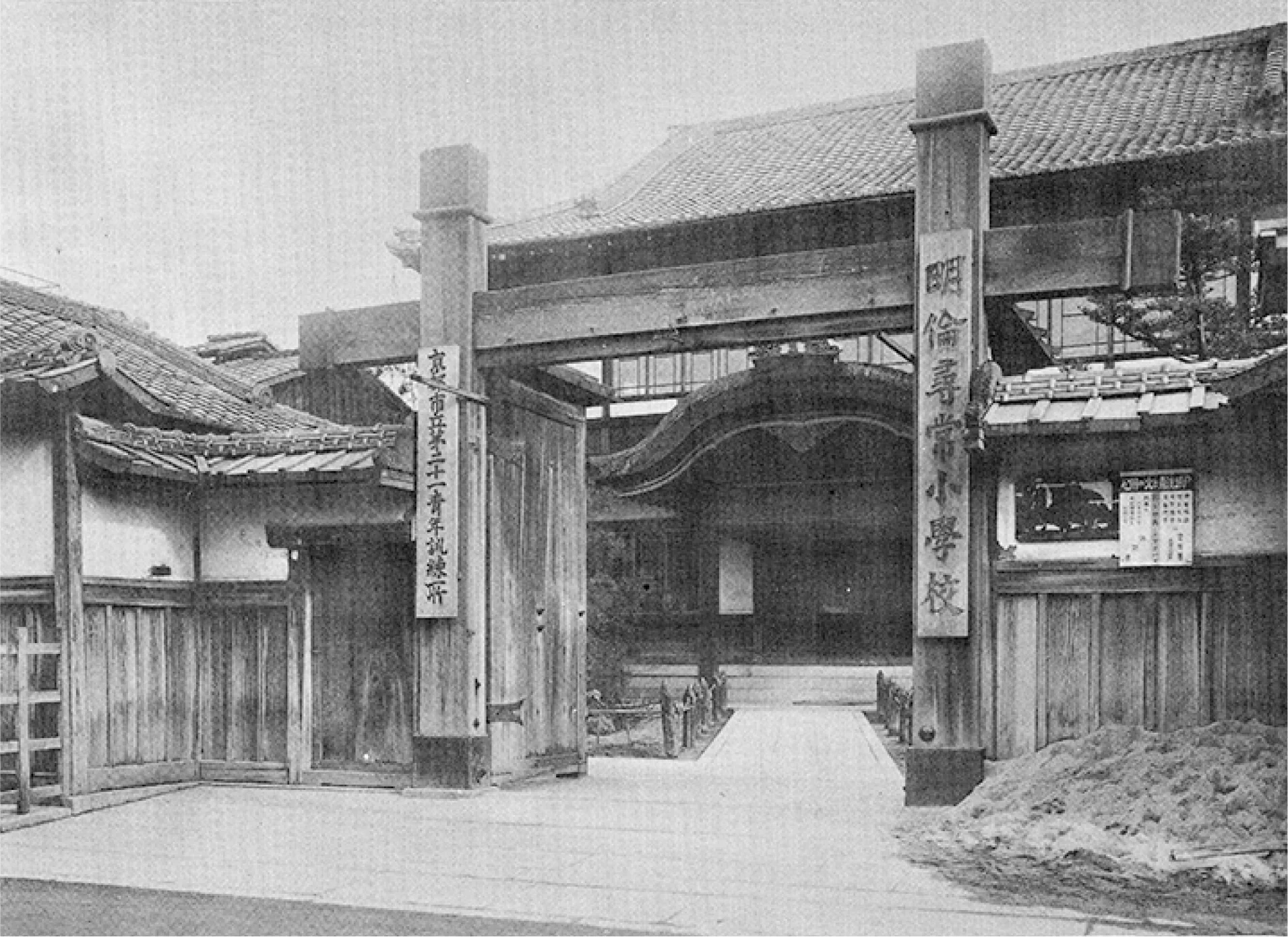
From "Meirin Centennial Commemorative Magazine"
The main gate of the Meiji and Taisho periods
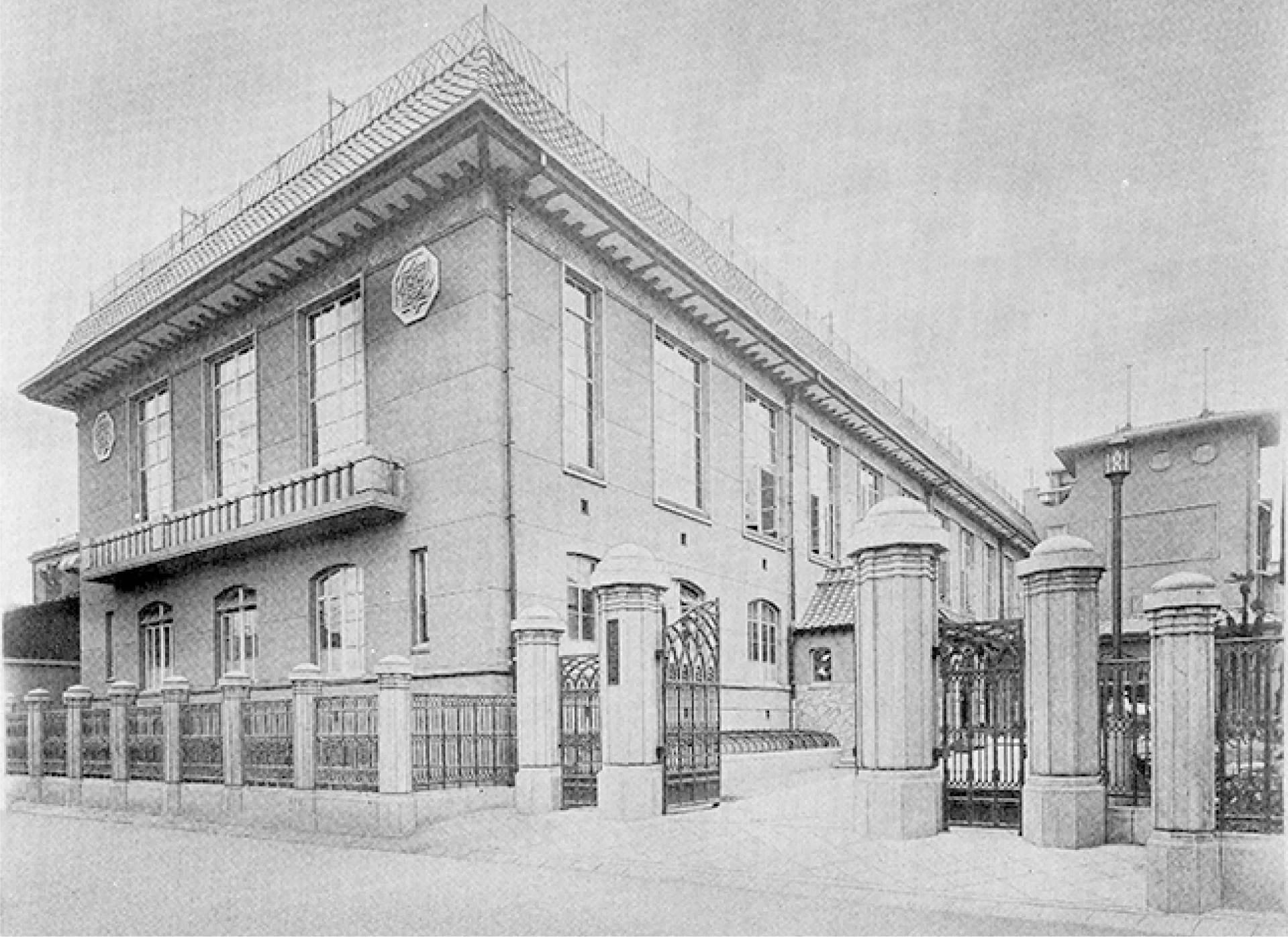
From "Meirin Centennial Commemorative Magazine"
The main gate of the Meiji and Taisho periods
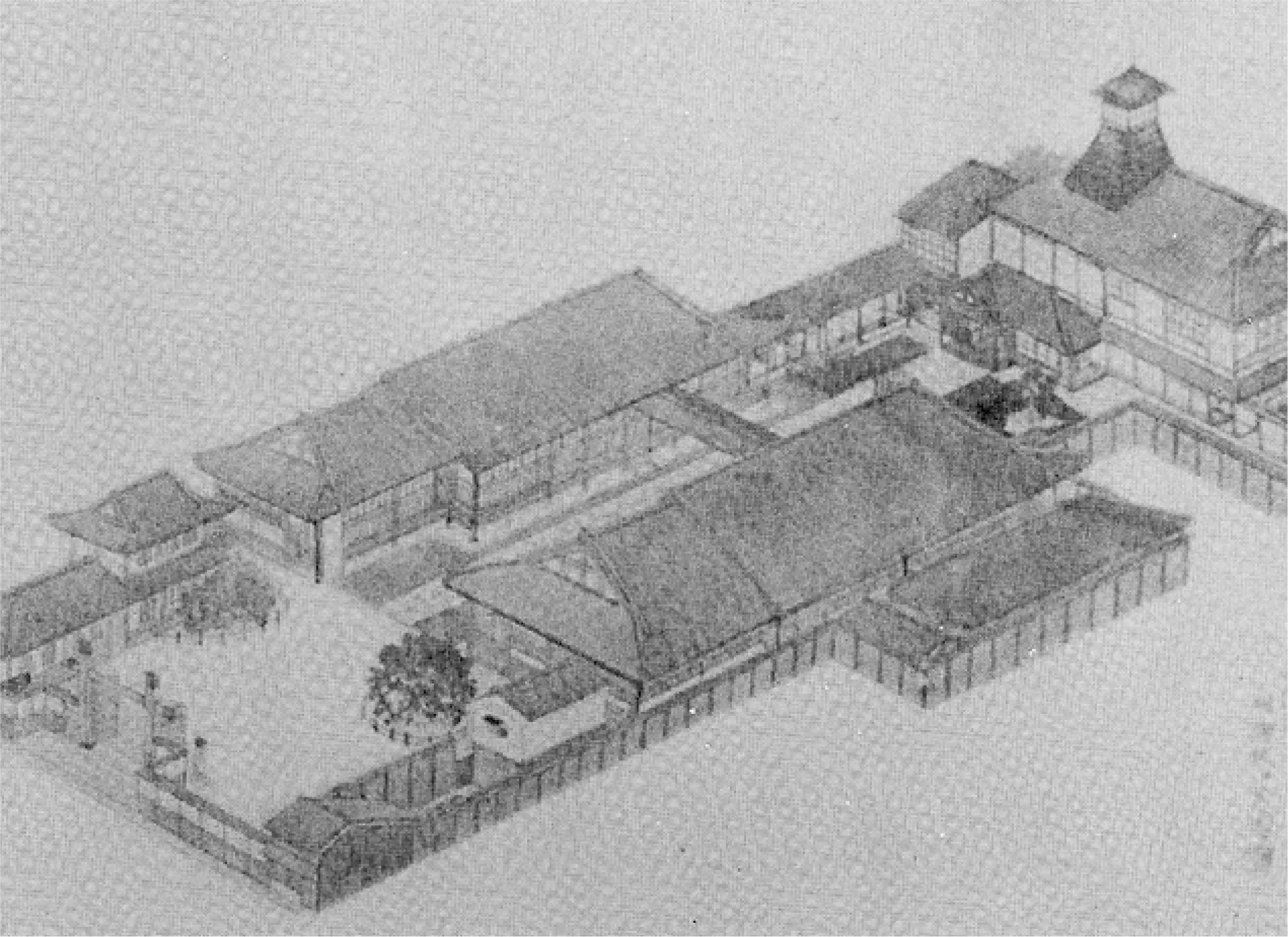
From "Meirin Centennial Commemorative Magazine"
The main gate of the Meiji and Taisho periods
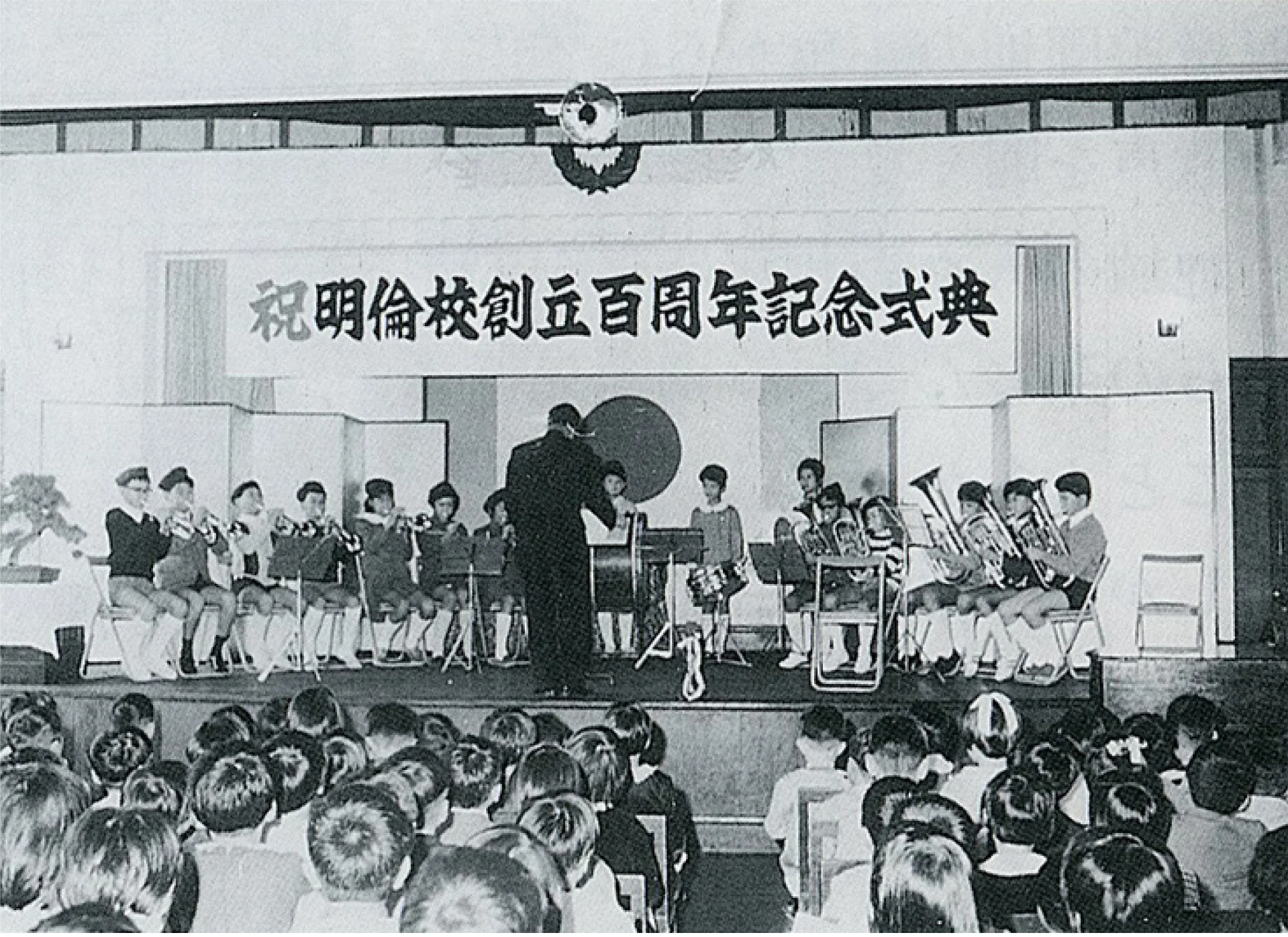
From "Meirin Centennial Commemorative Magazine"
The main gate of the Meiji and Taisho periods
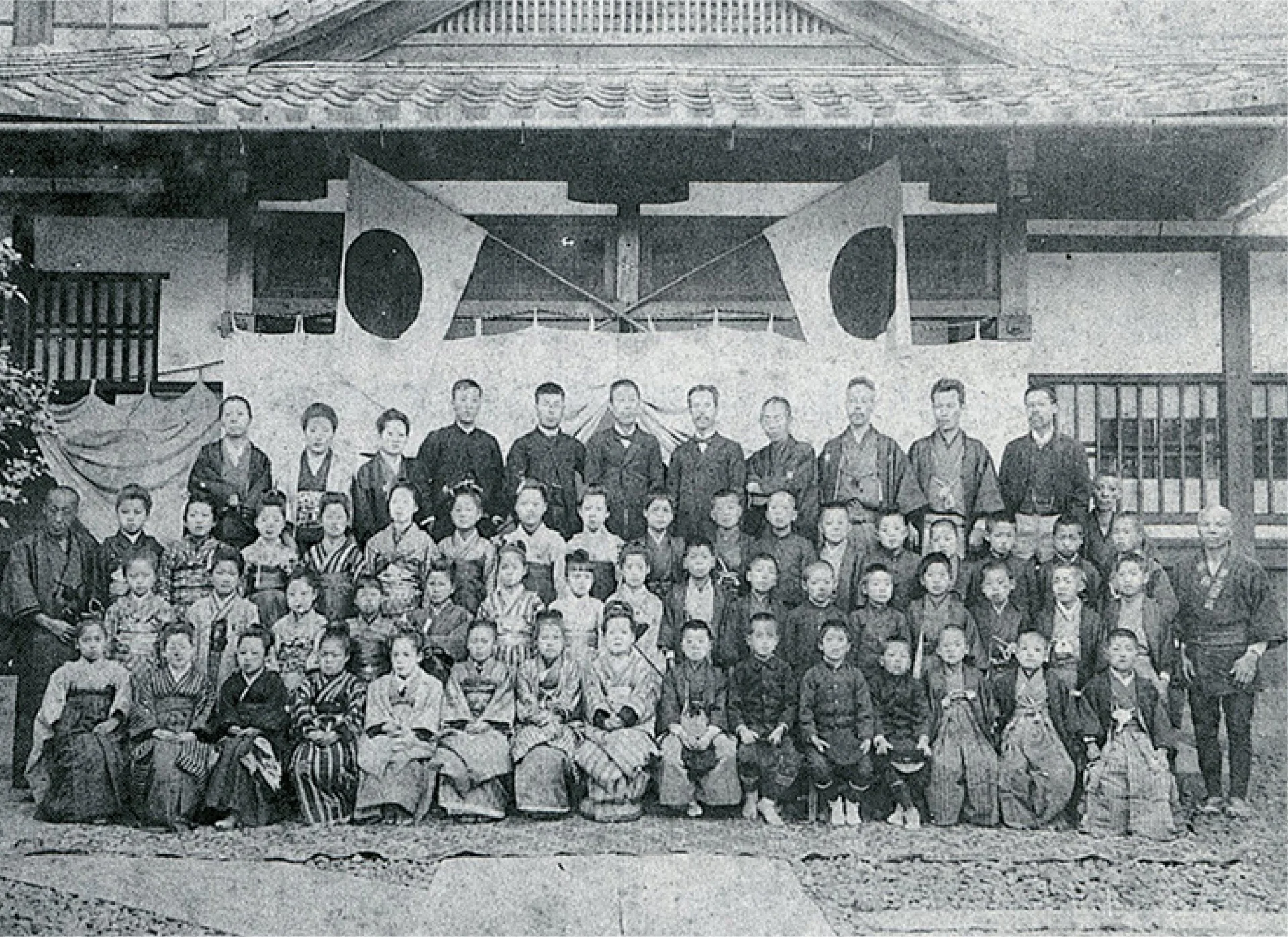
From "Meirin Centennial Commemorative Magazine"
The main gate of the Meiji and Taisho periods
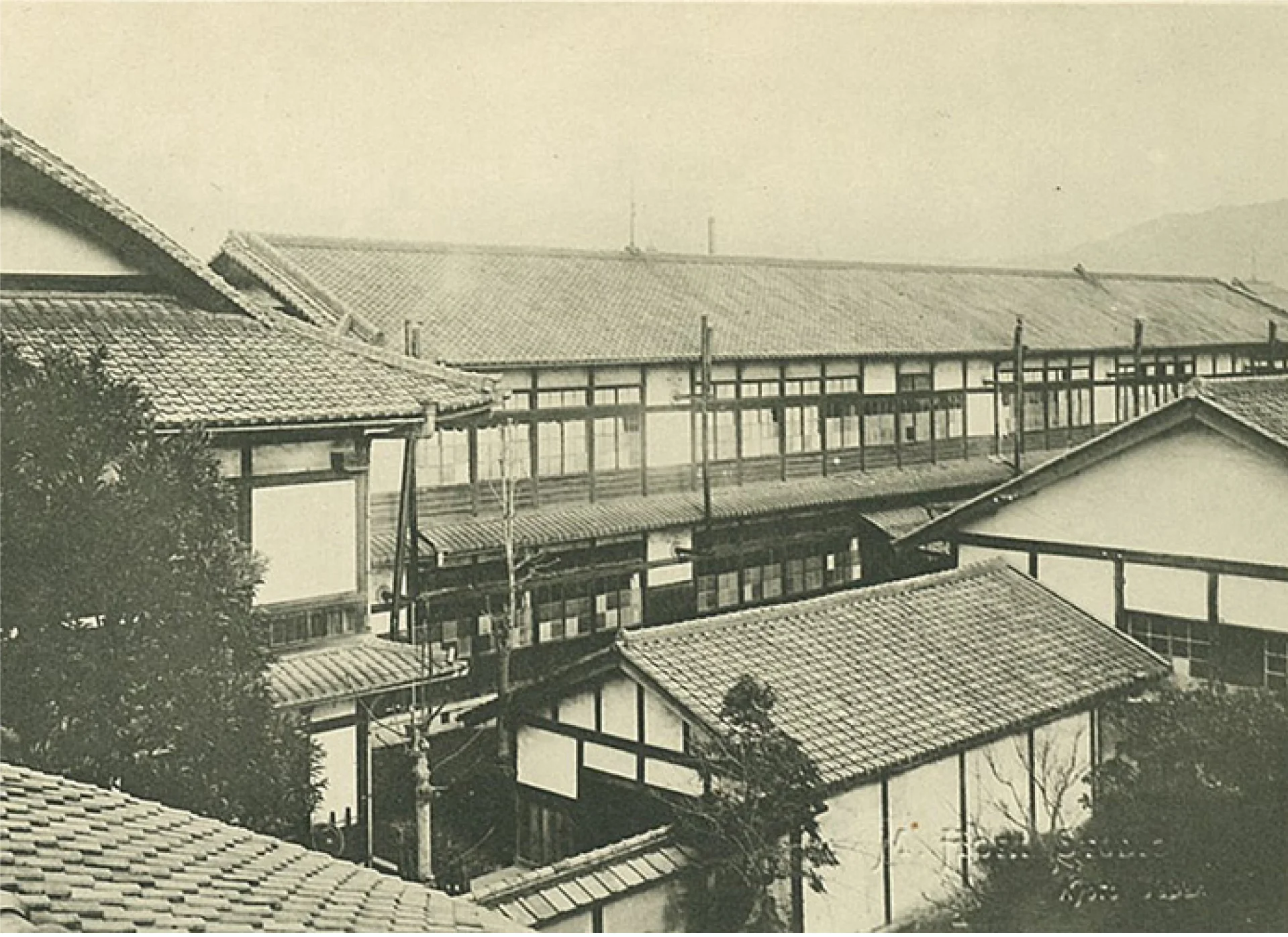
From "Meirin Centennial Commemorative Magazine"
The main gate of the Meiji and Taisho periods
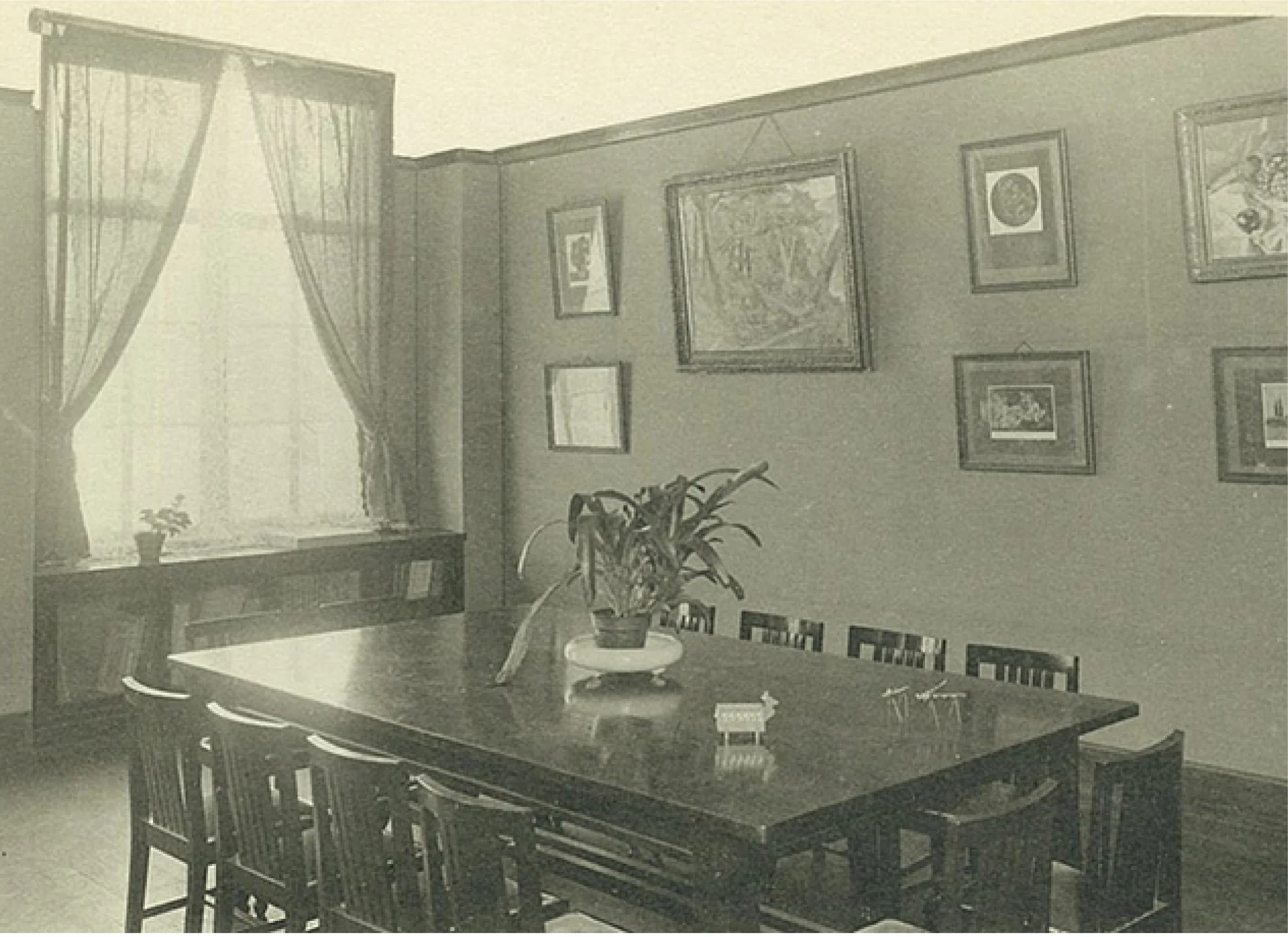
From "Meirin Centennial Commemorative Magazine"
The main gate of the Meiji and Taisho periods
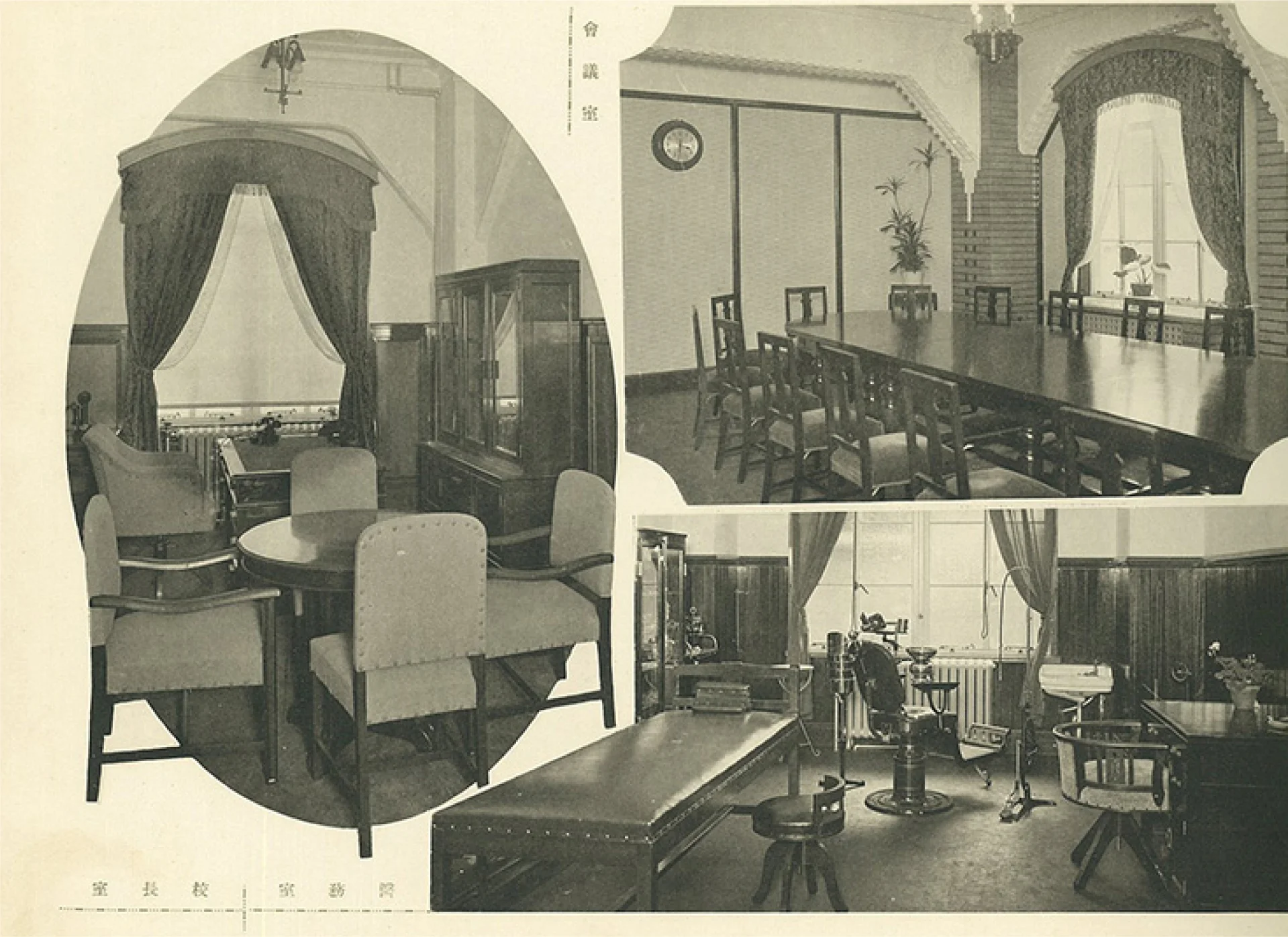
From "Meirin Centennial Commemorative Magazine"
The main gate of the Meiji and Taisho periods
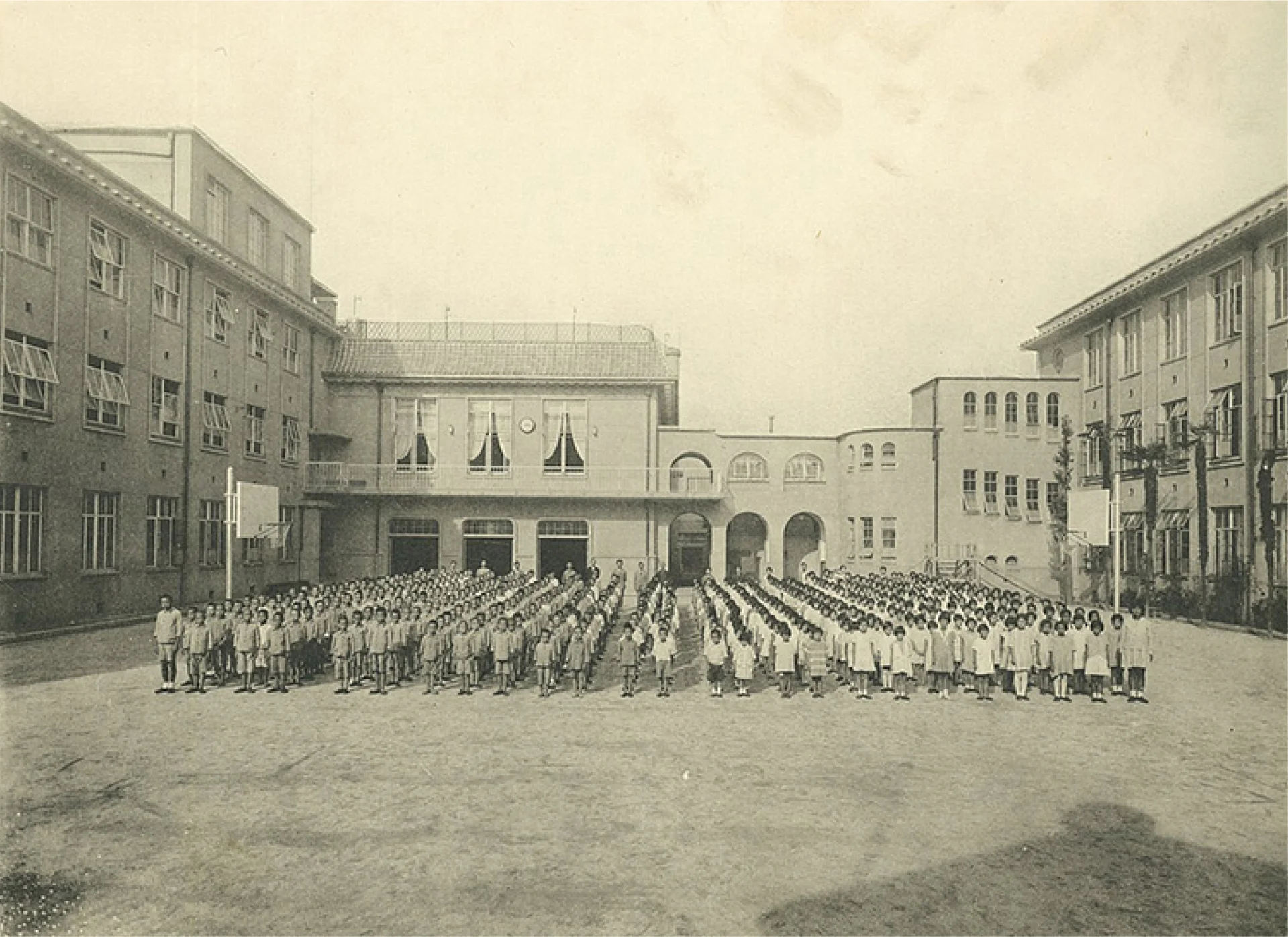
From "Meirin Centennial Commemorative Magazine"
The main gate of the Meiji and Taisho periods
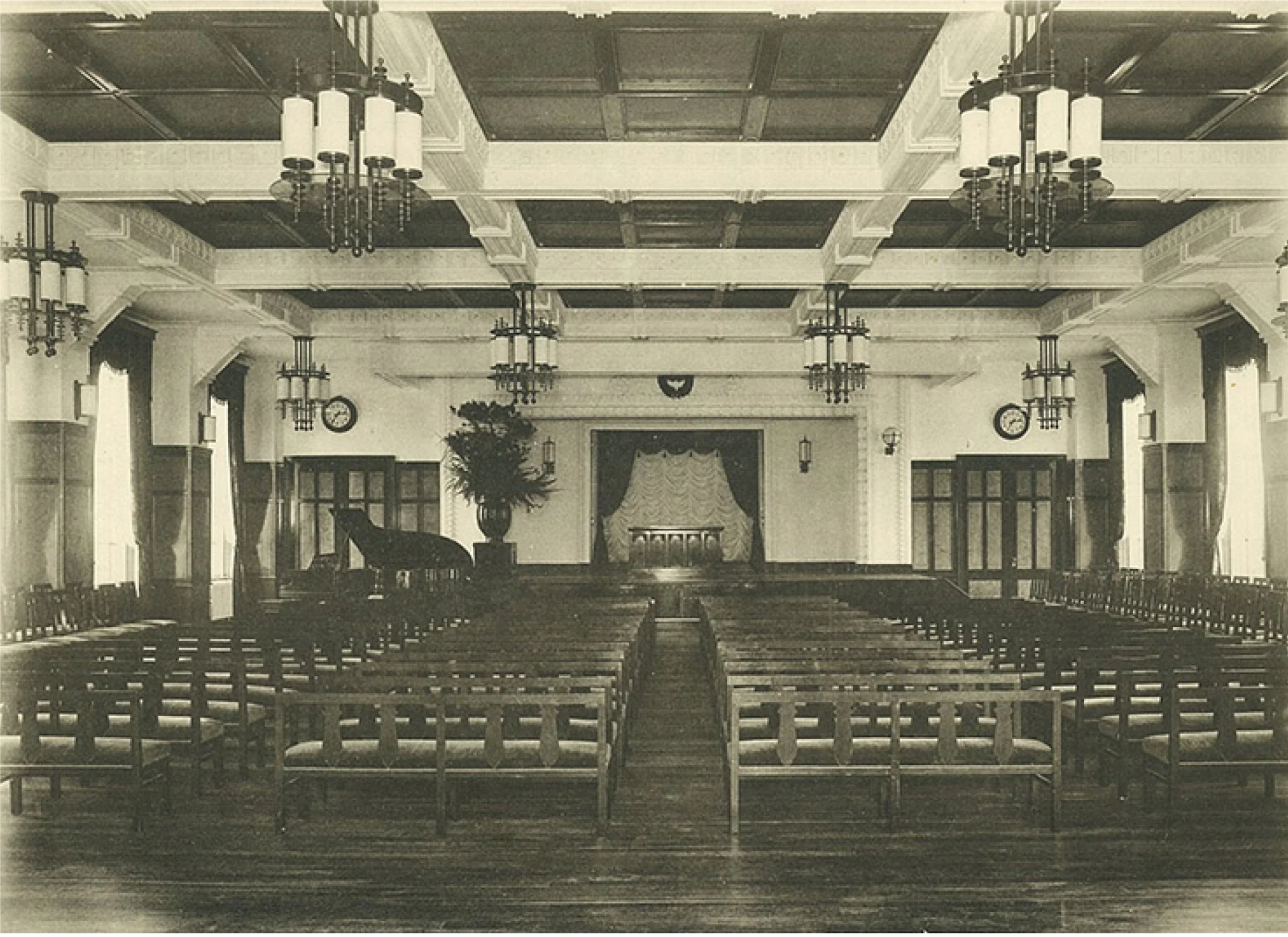
From "Meirin Centennial Commemorative Magazine"
The main gate of the Meiji and Taisho periods
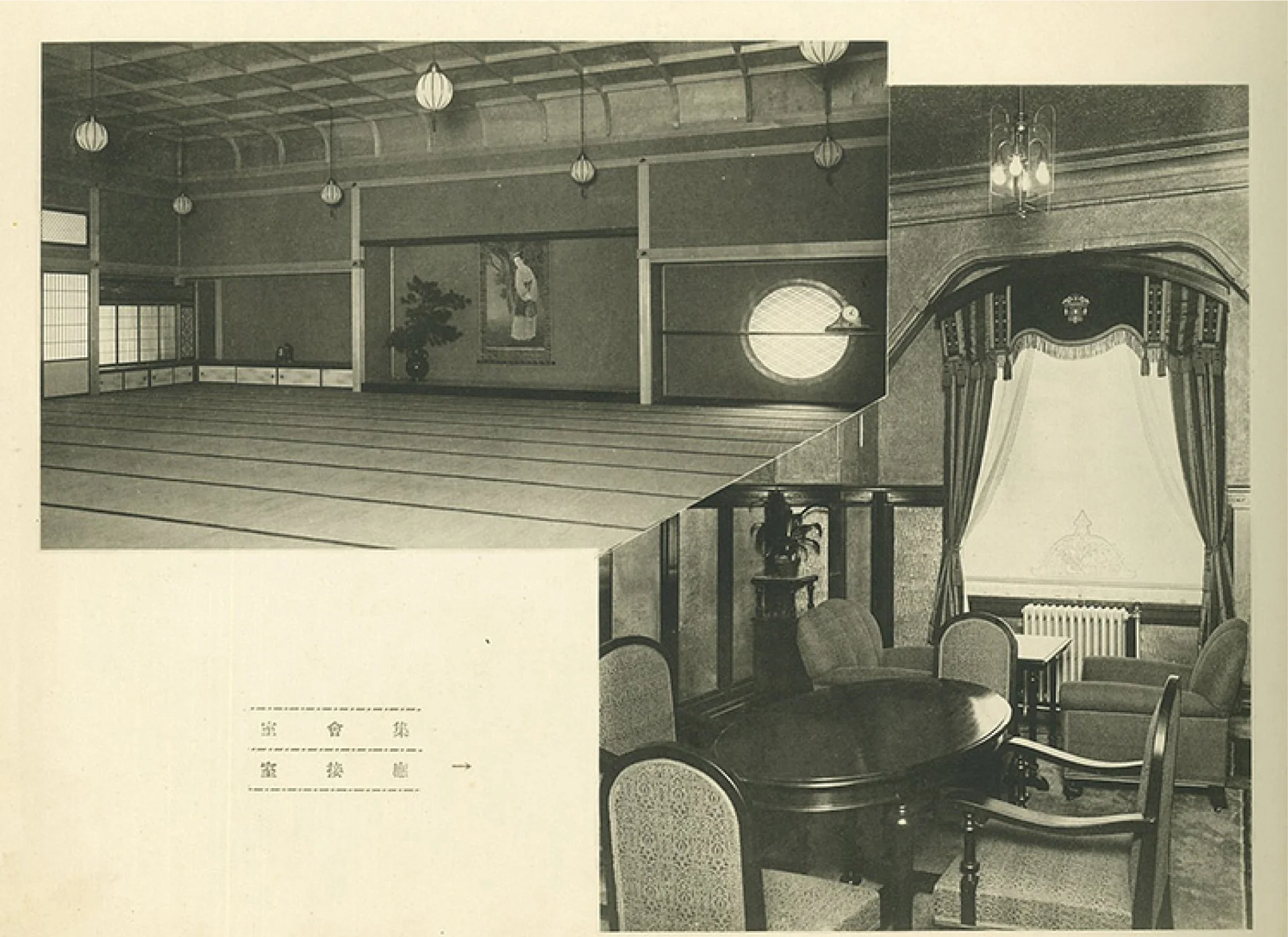
From "Meirin Centennial Commemorative Magazine"
The main gate of the Meiji and Taisho periods
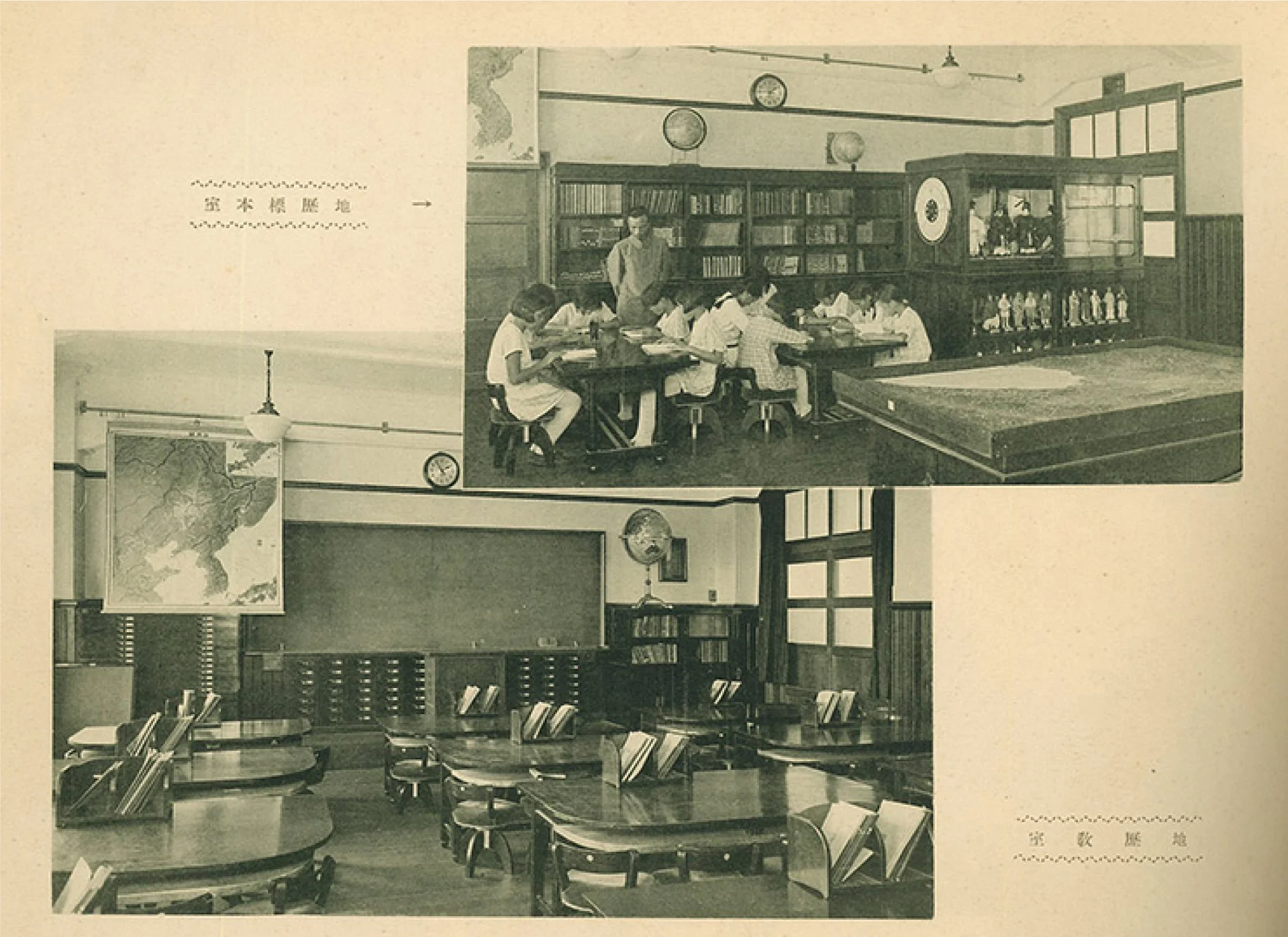
From "Meirin Centennial Commemorative Magazine"
